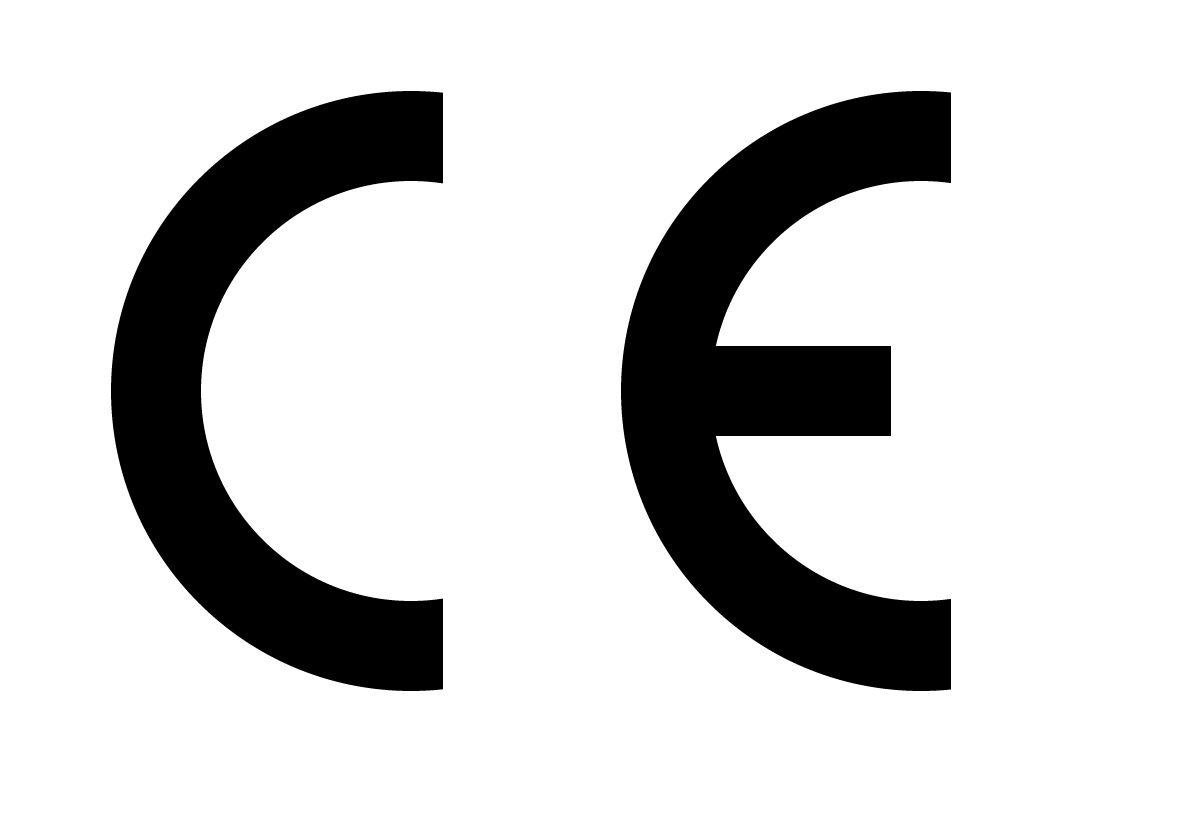FEA stresses importance of maintaining compliance with both UK and EU marks
The Foodservice Equipment Association (FEA) is urging UK businesses to be vigilant and prepare for upcoming changes to regulations surrounding certification of goods, despite the government extending the acceptance of the CE marking indefinitely for certain applications.
FEA has worked closely with the UK government as well as the EU and the European Federation of Catering Equipment Manufacturers (EFCEM) throughout, to provide feedback that is helping to shape the regulations.
The ongoing uncertainty with the future status of the acceptance of the CE marking and the status of its replacement in the UK, the UKCA mark, is causing frustration in the foodservice equipment industry, thanks to the additional costs and administrative burdens required to apply it to products. With the extension of accepting the CE marking some manufacturers have begun ditching the UKCA mark, feeling that their efforts to maintain compliance and meet the high expectations of regulatory authorities, ensuring market stability for end users, has been in vain.
However, FEA advises that caution should be exercised by any manufacturer taking this approach as the announcement of the extension of CE marking only applies while UK requirements match the EU’s. If the UK’s regulatory positions diverge from the EU, the UKCA mark will become mandatory. Manufacturers with products currently relying on exemptions under RoHS should check that the UK’s exemptions have an EU equivalent.
Meanwhile the FEA points out that the UK’s energy labelling requirements are outside the scope of this announcement and remain unchanged, meaning that the UK energy label is needed for any products falling within this regulation.
Some market segments are more likely to face these issues sooner. Products falling within the scope of energy efficiency and F-gas are more likely to be affected due to the UK’s requirements being different to the EU’s, this is especially true for the heat pump sector. For example, professional refrigeration is likely to be affected by upcoming changes to EU energy labelling requirements. While FEA will continue to work to maintain alignment between the UK and EU, divergence is more likely to occur as time goes on, so manufacturers should think carefully before removing support for the UKCA mark.
“The post Brexit regulation landscape is, perhaps unsurprisingly, taking many years to find its new form,” says Paul Anderson, chair of FEA. “While we can understand the frustration many businesses are feeling, it’s important to stress that they should continue to engage with the process of establishing new standards. One way to do this is to become an FEA member, which provides opportunities to provide feedback that we use to shape discussions with legislators, helping guide and shape regulation in both the UK and EU.”

